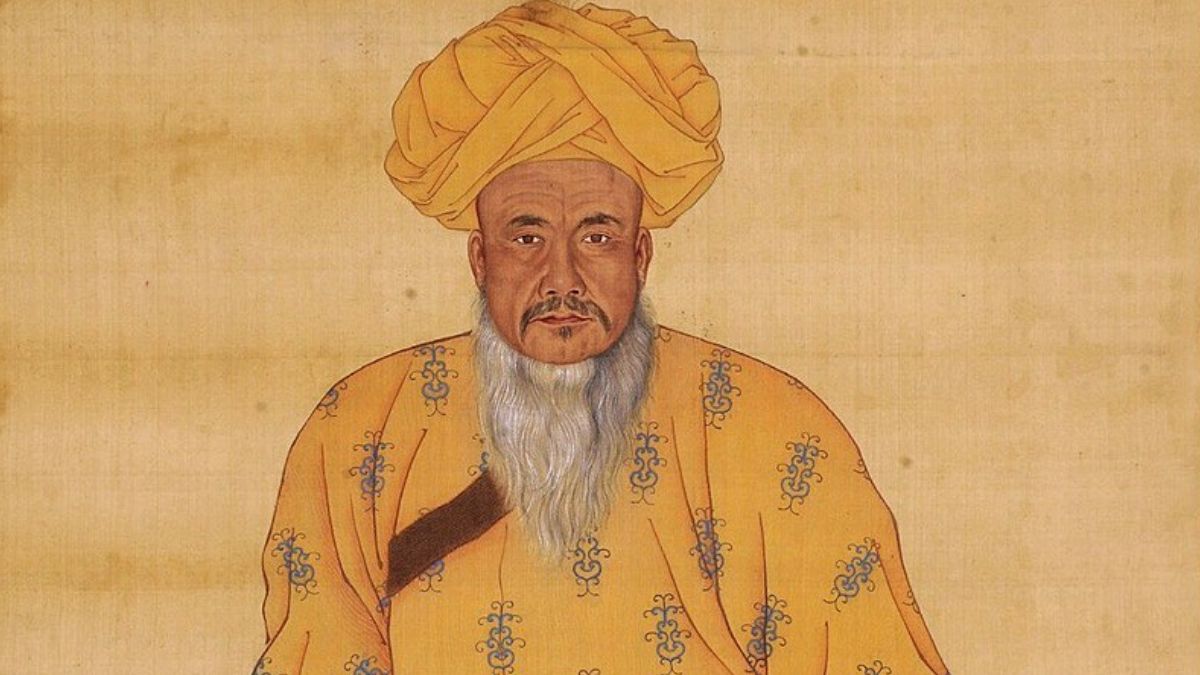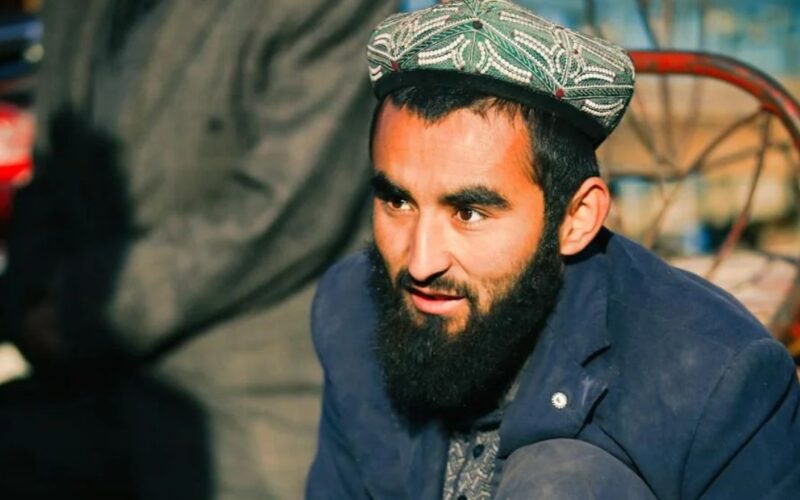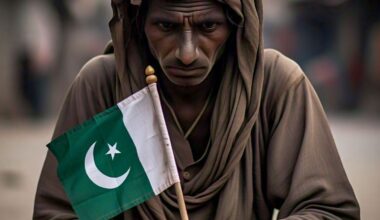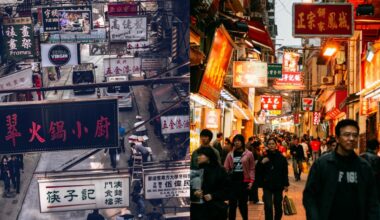In the remote region of Xinjiang in China, a humanitarian crisis of staggering proportions unfolds as the Uyghur Muslim minority faces relentless persecution at the hands of Chinese authorities. The plight of the Uyghurs has garnered international attention, shedding light on the systematic violations of human rights and religious freedoms perpetrated against this marginalized community. This article delves into the harrowing reality of the persecution faced by Uyghur Muslims, examining the alarming scope of abuses and the urgent need for global intervention.
The Uyghur Minority in Xinjiang
The Uyghurs, a Turkic-speaking ethnic group with a rich cultural heritage, have long inhabited the vast expanse of Xinjiang, a region historically known as East Turkestan. Despite their distinct cultural identity and religious practices, Uyghur Muslims have faced discrimination and marginalization under Chinese rule, particularly in the wake of increased state surveillance and control.
Systematic Persecution and Cultural Genocide
In recent years, the Chinese government has intensified its crackdown on Uyghur Muslims, employing draconian measures aimed at eradicating their religious and cultural identity. Reports from human rights organizations and testimonies from survivors reveal a grim reality of mass internment camps, where Uyghurs are subjected to indoctrination, forced labor, and systematic abuse. These camps, euphemistically termed “vocational training centers,” serve as instruments of cultural genocide, aimed at erasing Uyghur identity and assimilating them into the dominant Han Chinese culture.

Forced Assimilation and Religious Repression
Central to the Chinese government’s campaign against Uyghur Muslims is the suppression of religious freedom. Mosques are surveilled, religious attire is banned, and the practice of Islam is harshly restricted. Uyghurs are coerced into renouncing their faith, with reports of forced consumption of alcohol and pork, acts deemed forbidden in Islam. The imposition of “reeducation” programs seeks to instill loyalty to the Communist Party while eroding the religious beliefs and cultural practices of the Uyghur community.
Mass Surveillance and Control
The persecution of Uyghur Muslims is facilitated by an extensive surveillance apparatus that permeates every aspect of daily life in Xinjiang. Facial recognition technology, biometric data collection, and omnipresent surveillance cameras are used to monitor and control Uyghur individuals, creating an atmosphere of constant fear and suspicion. The pervasive surveillance state extends beyond Xinjiang, with Uyghur diaspora communities facing harassment and intimidation even in foreign countries.
International Response and Advocacy Efforts
The plight of Uyghur Muslims has sparked condemnation from the international community, with calls for accountability and justice reverberating on the global stage. Human rights organizations, activists, and governments have documented and denounced the egregious violations of human rights perpetrated against the Uyghur community. Efforts to raise awareness, advocate for sanctions against Chinese officials complicit in the persecution, and provide support to Uyghur refugees are crucial steps towards addressing this humanitarian crisis.
The persecution of Uyghur Muslims in Xinjiang represents a grave violation of human rights and a moral outrage that demands urgent action from the international community. The systematic repression, cultural erasure, and mass surveillance inflicted upon the Uyghur minority constitute crimes against humanity that cannot be ignored or excused. As advocates for justice and human dignity, it is incumbent upon us to stand in solidarity with the Uyghur community, amplify their voices, and work tirelessly to end their suffering. Only through concerted international pressure and unwavering advocacy can we hope to bring an end to the persecution and ensure that the rights and freedoms of all Uyghur Muslims are respected and protected.










